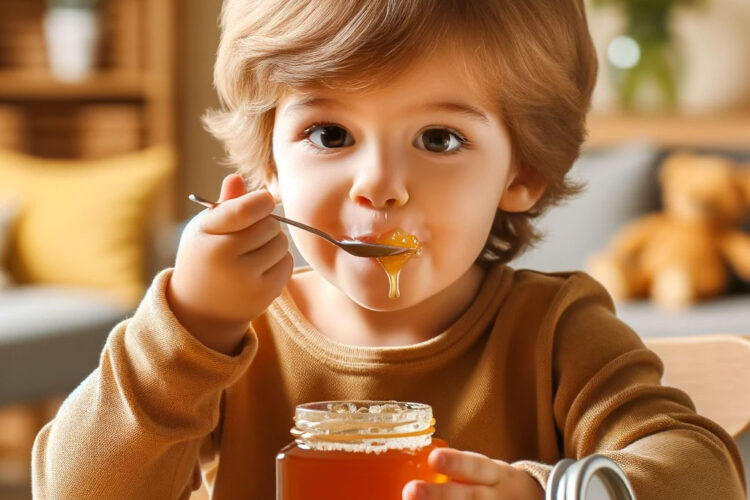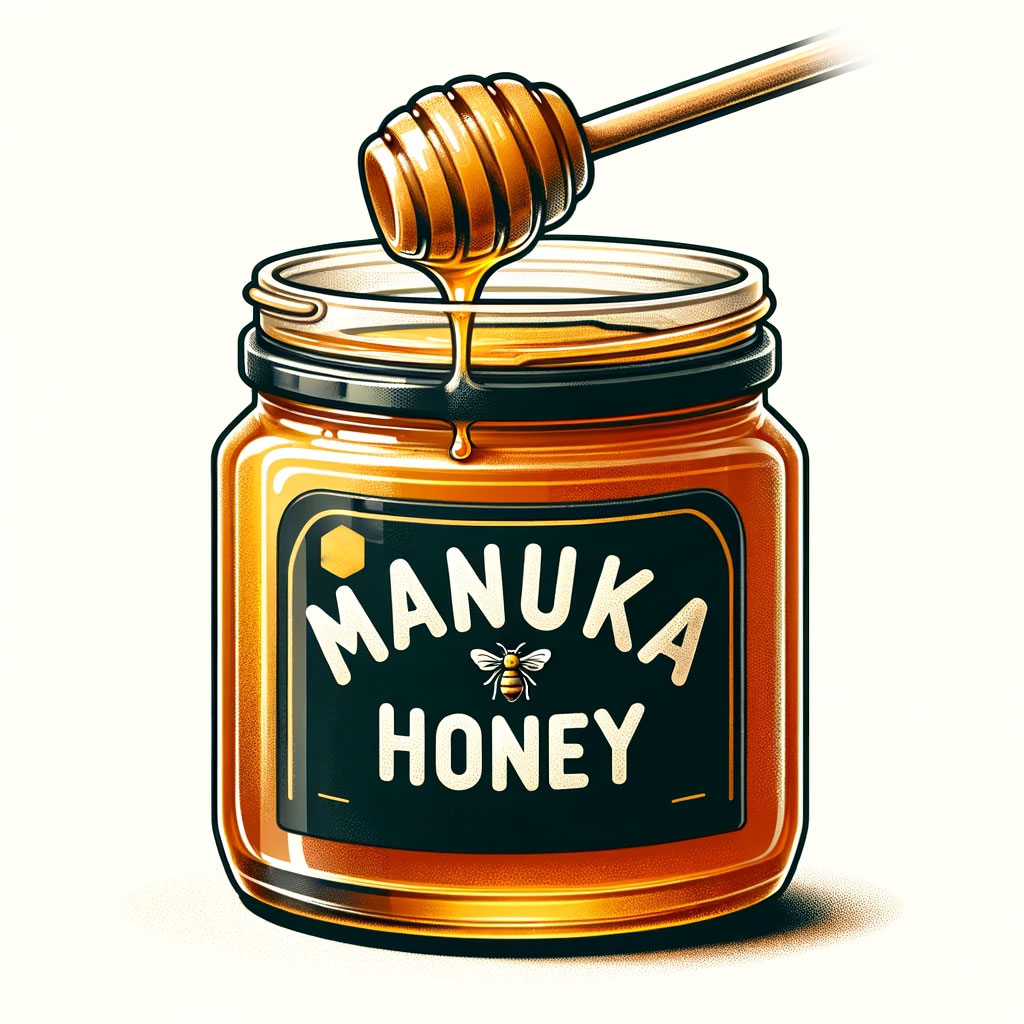Manuka honey is a type of honey that is produced in New Zealand from the nectar of the Manuka tree. It is known for its unique antibacterial properties and has been used for centuries to treat a variety of health conditions. In recent years, Manuka honey has gained popularity as a natural remedy for children.
Key Takeaways
- Manuka honey has unique antibacterial, anti-inflammatory, antioxidant, and antiviral properties that make it a potential natural remedy for children.
- It has been traditionally used to soothe sore throats, improve digestive issues, and prevent tooth decay.
- Parents should exercise caution and follow safety guidelines when incorporating Manuka honey into a child’s diet.
Manuka Honey: An Overview
Manuka honey is a type of honey that is produced in New Zealand from the nectar of the Manuka tree. It has been used for centuries by the indigenous people of New Zealand, the Maori, for its medicinal properties. Manuka honey is known for its potent antibacterial properties, which make it an effective natural remedy for various health issues.
Origin and Production
Manuka honey is produced by bees that collect nectar from the Manuka tree, which is native to New Zealand. The Manuka tree blooms for a short period each year, usually between December and February. During this time, bees collect the nectar and convert it into honey. Manuka honey is harvested by beekeepers and is then processed and packaged for sale.
Unique Properties
Manuka honey is unique because it contains a high concentration of a compound called methylglyoxal (MGO). MGO is responsible for the antibacterial properties of Manuka honey. The higher the concentration of MGO in the honey, the more potent its antibacterial properties are.
In addition to its antibacterial properties, Manuka honey is also known for its anti-inflammatory, antioxidant, and antiviral properties. These properties make it an effective natural remedy for various health issues, including wound healing, cough relief, protection against ulcers, improved digestion, and even better oral health.
Health Benefits of Manuka Honey for Children
Manuka honey has gained attention as a natural remedy that offers potential health benefits for children. With its unique properties and numerous potential advantages, many parents are curious about the safety and effectiveness of using Manuka honey for their children.
Boosting Immunity
Manuka honey is known for its antibacterial and antimicrobial properties that can help boost the immune system of children. It contains a high concentration of methylglyoxal (MGO), which is a compound that gives Manuka honey its unique properties. MGO has been shown to increase cytokine production, which helps strengthen the immune system and fight against disease-causing microbes.
Wound Healing
Manuka honey has been used for centuries as a natural remedy for wound healing. It has potent antioxidant and antibacterial properties that can help prevent infection and promote optimal wound healing. The U.S. Food and Drug Administration (FDA) has approved the use of Manuka honey for wound treatment. Manuka honey’s lower pH than most honey can also help promote optimal wound healing.
Digestive Health
Manuka honey may also help support digestive health in children. It has antibacterial, anti-inflammatory, antioxidant, and antiviral properties that may help soothe a sore throat and improve oral health. Limited evidence suggests it may also support digestive health. However, it is important to note that Manuka honey should not be given to children under one year old, as it can cause infant botulism.
Safety Guidelines and Precautions
Allergy Risks
Manuka honey is generally safe for children, but there is a risk of allergic reactions. It is essential to keep an eye on children who have a history of allergies, especially to bee products. Symptoms of an allergic reaction include itching, hives, swelling, and difficulty breathing. If a child experiences any of these symptoms after consuming Manuka honey, seek medical attention immediately.
Age Restrictions
It is generally recommended that infants aged 12 months or younger should not consume Manuka honey. Raw honey, including Manuka honey, can contain botulism spores, which can increase the risk of infant botulism. However, as a child grows and develops, they build a more robust immune system, and the risk of botulism decreases.
Parents should also be cautious when giving Manuka honey to children with diabetes. Manuka honey is high in natural sugars, which can cause a spike in blood sugar levels. Parents should consult with a doctor before giving Manuka honey to a child with diabetes.
Incorporating Manuka Honey in a Child’s Diet
Serving Suggestions
Manuka honey can be a healthy addition to a child’s diet, but it should not be given to infants under one year of age. Parents can use Manuka honey in a variety of ways to add flavor and nutrition to their child’s meals. Here are some serving suggestions:
- Spread it on toast or bread instead of jam or jelly.
- Mix it with yogurt or oatmeal for a sweet and nutritious breakfast.
- Use it as a natural sweetener in tea or other beverages.
- Drizzle it over fresh fruit or add it to fruit smoothies.
When incorporating Manuka honey into a child’s diet, it is important to keep in mind that it is still a sweetener and should be consumed in moderation.
Dosage Guidelines
The appropriate dosage of Manuka honey for children depends on their age, weight, and overall health. As a general guideline, children over one year of age can consume up to 1 teaspoon of Manuka honey per day. Parents should consult with their child’s pediatrician before giving Manuka honey to their child.



